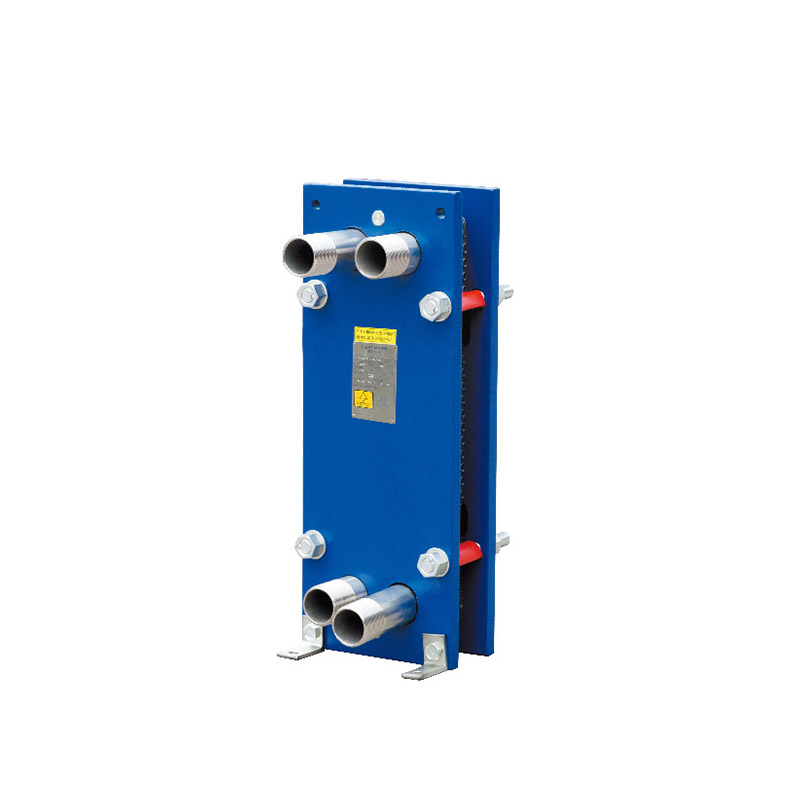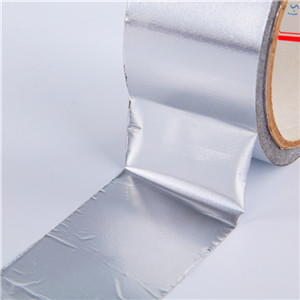In the ever-evolving landscape of automotive technology, fuel injectors have emerged as a pivotal component in optimizing engine performance and fuel efficiency. As consumers and manufacturers alike seek to reduce emissions and improve fuel economy, the question arises: Are fuel injectors more efficient? This article delves into the intricacies of fuel injector technology, examining their efficiency, the factors influencing performance, and the implications for the future of automotive engineering.
Understanding Fuel Injectors
Fuel injectors are devices that deliver fuel into the combustion chamber of an engine. Unlike traditional carburetors, which mix air and fuel before it enters the engine, fuel injectors provide a more precise and controlled method of fuel delivery. This precision is crucial for modern engines, which rely on intricate electronic control systems to optimize performance under varying conditions.
The Mechanics of Efficiency
- Precision Fuel Delivery: One of the primary advantages of fuel injectors is their ability to deliver fuel in a finely atomized spray. This atomization enhances the mixing of fuel and air, leading to more complete combustion. The result is not only improved power output but also reduced fuel consumption. Studies have shown that engines equipped with fuel injectors can achieve fuel efficiency improvements of up to 15-20% compared to their carbureted counterparts.
- Variable Injection Timing: Modern fuel injectors are often equipped with advanced technologies that allow for variable injection timing. This means that the injector can adjust the timing of fuel delivery based on engine load, speed, and temperature. Such adaptability ensures that the engine operates at its optimal efficiency across a wide range of conditions, further enhancing fuel economy.
- Electronic Control Units (ECUs): The integration of fuel injectors with sophisticated ECUs allows for real-time adjustments to fuel delivery. These systems analyze data from various sensors throughout the engine, enabling the injector to respond dynamically to changing conditions. This level of control not only maximizes efficiency but also minimizes emissions, aligning with increasingly stringent environmental regulations.
Factors Influencing Fuel Injector Efficiency
While fuel injectors are inherently more efficient than traditional fuel delivery systems, several factors can influence their performance:
- Injector Design: The design of the injector itself plays a critical role in its efficiency. Factors such as nozzle size, spray pattern, and the type of fuel used can significantly impact performance. For instance, multi-hole injectors can provide better atomization and distribution of fuel, leading to improved combustion efficiency.
- Fuel Quality: The quality of the fuel used can also affect injector performance. Fuels with higher octane ratings and fewer impurities tend to burn more cleanly, reducing the likelihood of injector clogging and ensuring optimal performance.
- Maintenance and Calibration: Regular maintenance and proper calibration of fuel injectors are essential for maintaining their efficiency. Clogged or malfunctioning injectors can lead to poor fuel delivery, resulting in decreased performance and increased emissions. Routine inspections and cleaning can help ensure that injectors operate at peak efficiency.
The Future of Fuel Injector Technology
As the automotive industry continues to innovate, the future of fuel injector technology looks promising. Emerging trends such as direct injection systems, which inject fuel directly into the combustion chamber at high pressure, are gaining traction. These systems offer even greater efficiency and power output, making them a popular choice for high-performance vehicles.
Moreover, the rise of alternative fuels and hybrid technologies is prompting further advancements in fuel injector design. As manufacturers explore new fuel types, injectors will need to adapt to ensure optimal performance and efficiency.
Conclusion
In conclusion, fuel injectors represent a significant advancement in automotive technology, offering enhanced efficiency and performance compared to traditional fuel delivery systems. Their ability to provide precise fuel delivery, adapt to changing conditions, and integrate with advanced electronic control systems positions them as a cornerstone of modern engine design. As the industry continues to evolve, fuel injectors will undoubtedly play a crucial role in shaping the future of automotive performance and sustainability.



